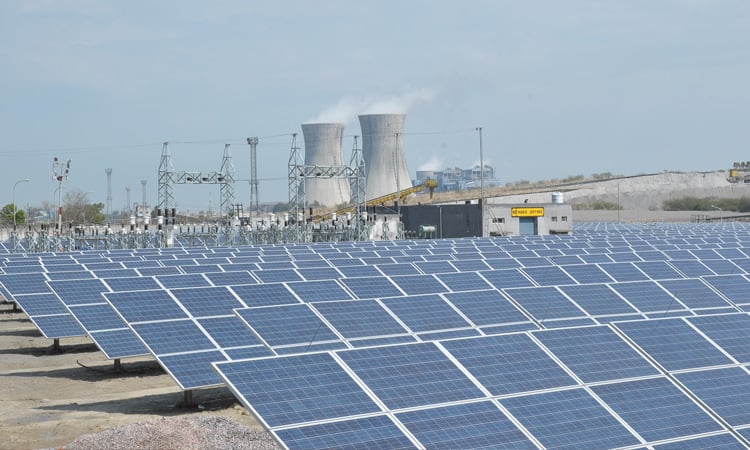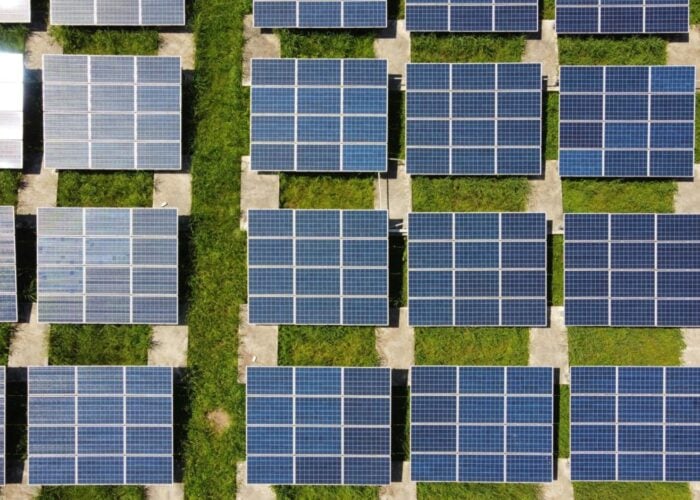
Indian electric utility Gujarat Urja Vikas Nigam (GUVNL) has announced that it is accepting bids for two 600MW solar projects to be built at the Khavda renewables park.
Bidders have just under a month to submit bids for their projects, with the utility announcing a deadline of 3 August this year for applications, and will have to pay nominal fees as part of the application process of INR325,000 (US$3,927), plus goods and services taxes.
Unlock unlimited access for 12 whole months of distinctive global analysis
Photovoltaics International is now included.
- Regular insight and analysis of the industry’s biggest developments
- In-depth interviews with the industry’s leading figures
- Unlimited digital access to the PV Tech Power journal catalogue
- Unlimited digital access to the Photovoltaics International journal catalogue
- Access to more than 1,000 technical papers
- Discounts on Solar Media’s portfolio of events, in-person and virtual
The second 600MW facility is available via a “greenshoe” arrangement, where GUVNL plans to open bids for a single 600MW facility, but may open up access to a second facility, should there be significant demand for the first one.
The utility also announced that preference would be given to bids with a lower cost of producing electricity, and that successful bids would be eligible to sign a 25-year power purchase agreement (PPA) with GUVNL to sell power from their project, although this is not compulsory.
GUVNL regulates the power grid in the Indian state of Gujarat, where the Khavda park is being built, one of the world’s most ambitious clean energy projects. The project, first announced in 2019, is a 30GW solar and wind plant, at which the Indian government plans to finish construction work by 2026, and is a key component of India’s clean power goals.
India plans to increase the contribution of renewable power to its energy mix from 42.6% to 50% by 2030, and plans to meet its energy needs from domestic sources by 2047. Both plans, to decarbonise its energy mix and expand Indian domestic power production, will rely on projects such as the Khavda solar park, and by extension, the successful tendering of new projects within its boundaries.
Earlier this week, the Solar Energy Corporation of India announced plans to purchase 500MW of solar capacity, as stakeholders across the Indian solar sector look to expand their capacity.







